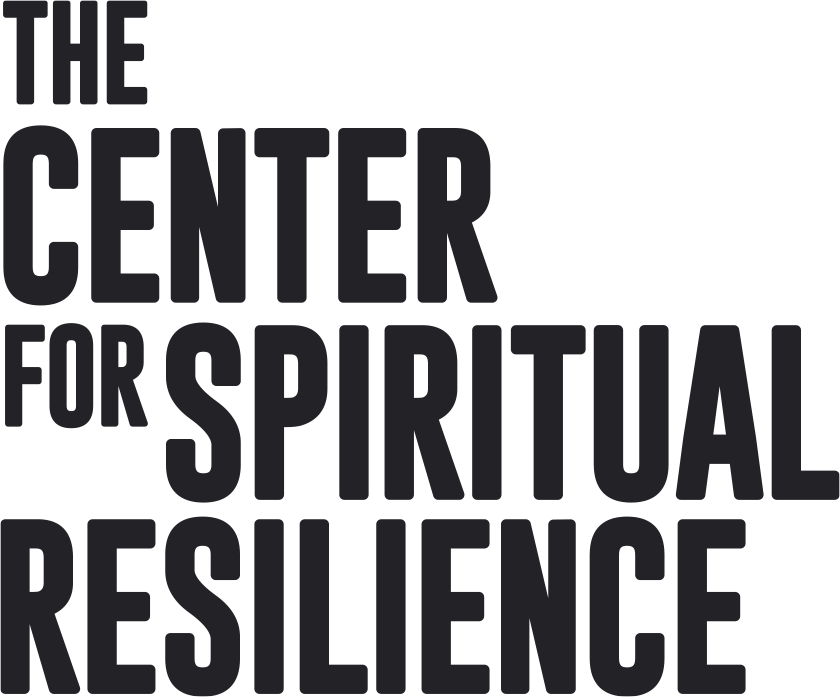The Young Existentialists In Our Midst
Not long ago I was chatting with a couple of middle-schoolers when one casually dropped the word existentialist into the conversation. Startled, I backtracked to ask where on earth she'd heard the term and who had taught her what it meant.
“Everybody in our generation uses it,” she and her brother shrugged. The concept was so embedded in their mental landscape they literally couldn't recall when it first entered their vocabulary or their hearts. A little skeptical, I pressed further. As we talked it became clear Maren and Luke understood the term perfectly and were serious in claiming it for themselves.
They spoke quickly and surely of a despair brought on by “the politicians, the planet, all that stuff….” They had learned the climate tipping point would hit within their lifetimes and felt helpless in the face of catastrophe. Maren described a moment when she'd been trapped underwater beneath a piece of equipment, unable to breathe. She said she suddenly realized "We all die and in the end nothing really matters." Her brother had seen her tumble and rescued her, but both were shaken by the incident.
While they agreed on the bleakness of their likely future, they sparred a bit on meaninglessness. Neither sees religion contributing anything of value to the conversation. Instead they find hope in music, glimpses of beauty and moments when people come together spontaneously on behalf of kindness.
Their generation's angst finds expression in musicals like Dear Evan Hansen, a Broadway hit chronicling high school students' desperate search for meaning and belonging in the wake of a classmate's suicide. An adult friend of mine saw the show recently and lamented its despair; Luke and Maren cite it as a source of strength.
They hear their struggles echoed in songs like You Will Be Found:
Have you ever felt like nobody was there?
Have you ever felt forgotten in the middle of nowhere?
Have you ever felt like you could disappear?
Like you could fall, and no one would hear?
Later verses express their hope:
Even when the dark comes crashing through
When you need a friend to carry you
And when you're broken on the ground
You will be found.
Maren and Luke are well resourced and well nurtured, but they suffer from what Viktor Frankl calls “existential stress.” They feel betrayed by the universe and the adults who are supposed to be watching out for them. They are searching for a coherent vision in a world that offers too many cynical and confusing choices. When asked what they considered the purpose of life, they answered, "To be happy - and to make a positive difference." I was impressed. When I inquired about the percentage of their classmates who would have a similar response, they hesitated.
"Some of them don't think about much of anything," Luke said ruefully.
Maren and Luke are exceptionally articulate and obviously comfortable with big questions. They are clearly finding their way, at least so far. Not all young people are so fortunate, as our rising teen suicide rate attests.
Research indicates a sense of meaning and purpose is essential for humans to truly thrive. Yet only one in five high school students and one in three college students studied claimed a clear sense of purpose.
Most of Maren and Luke’s conversations on the topic have been with peers rather than adults; many took place online. Every young person can benefit from a wise mentor as they begin this critical search. William Damon in The Path To Purpose notes that adults cannot create a sense of purpose for children, but we can offer options. At the very least we can learn how to get out of the way and quit putting up false road signs.
We can tell stories that are true, share visions that matter and bear witness to suffering and hope. If we're willing to do our own internal work we may even be able to be a Yoda for some young person. May we all be found in the process.

